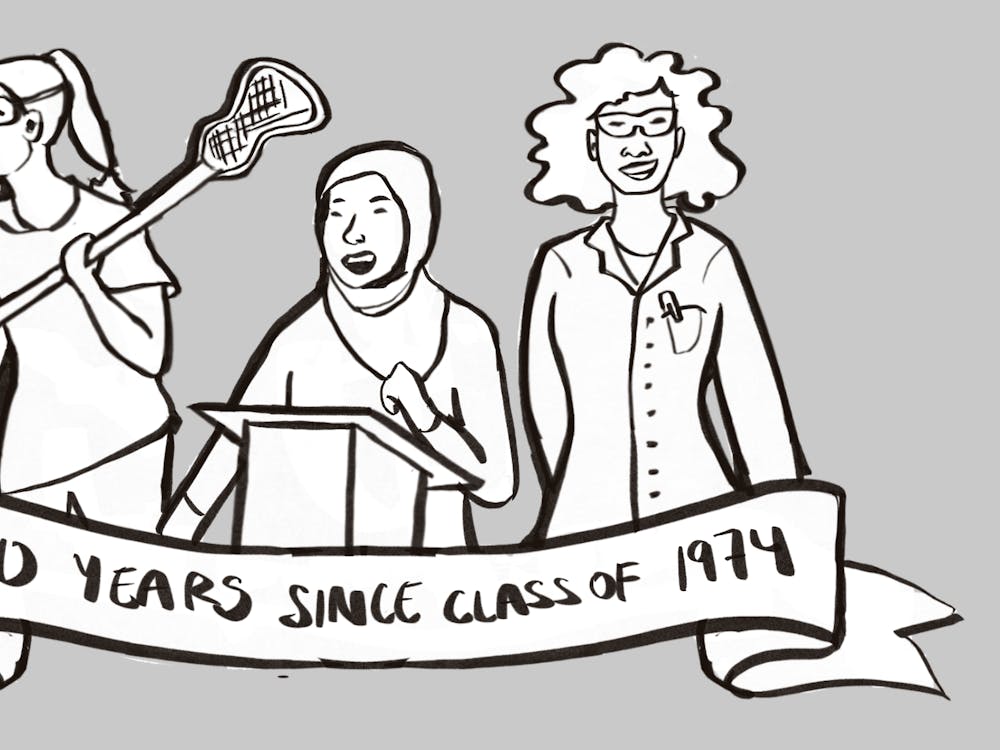What would you do if you only had a month to live? This hypothetical question for most healthy individuals is the unfortunate reality for many terminally ill patients. Death is as inevitable for those who are healthy as a horse as it is for those battling incurable diseases; the only uncertainty in this matter is time. We do not know when we are going to die, but in the back of our minds, we know that at some point the blood will stop pumping through our veins and the world will continue without us. Most of us view death as an unfortunate occurrence, a painful loss. This is certainly true in many and perhaps most instances. However, we sometimes forget that death can also mean the end of suffering, or the ultimate source of closure. As complicated as death is, it is dichotomously simple. Because of its complicated consequences, physician-assisted suicide is a popular topic of debate in America’s changing health care policies. The American Medical Association (AMA) formally rejects the validity of physician-assisted suicide. However, it has already been legalized in 4 states. In appropriate times, physician-assisted suicide can serve as a solution, and should be a legal and viable option for Americans.
The AMA states their stance on physician-assisted suicide on their website, claiming that it would cause too many complications. It writes, “Physician-assisted suicide is fundamentally incompatible with the physician's role as a healer, would be difficult or impossible to control, and would pose serious societal risks. Instead of participating in assisted suicide, physicians must aggressively respond to the needs of patients at the end of life.” The AMA’s hesitant approach to physician-assisted suicide is understandable. Unfortunately, it is also egotistical and oversimplified.
Why is it that the law categorizes death as so black and white? In truth it is much more of a gray area. Clearly murder should always remain illegal, as it carries the connotation that it was against the will of the victim; physician-assisted suicide would then be classified as something that the patient explicitly wanted and had lucidly expressed beforehand as a preferred option. Admittedly, it would be difficult, as the AMA worries. But any meaningful change starts with finding the courage to confront adversity and be willing to find a solution.
Our healthcare system is based off of an infinite progress model, in which cures are perpetually sought after. We invest money and resources in expensive research, technology and end-of-life care. End-of-life care is extremely costly, to such an extent that a cap to end-of-life expenses has sometimes been proposed. This raises the conflicting suggestion that there can be pricetag assigned to the value of a life. This too, while morally and ethically challenging, directly confronts the reality of the high costs of care. Approximately 25% of Medicare costs are to treat 5% of Medicare users to cover end-of-life care. I am not suggesting that we shouldn’t spend money on end-of-life care, but in many instances, these costs are unnecessary. In some cases it is spent on surgeries that do not improve the quality of life of the patient, but only prolongs their life for a couple of months. From a humanistic perspective, how valuable are these few months of being hooked up to ventilators and IVs, if you are still going to die in the near future?
The answer will of course be different for everyone as it depends on the patient’s priorities at the end of life. This individualized factor challenges the AMA’s understanding of the obligations of a physician. As “healers,” physicians are obligated to more than just attending to their patient’s physical needs; if a patient does not want to fight for their life anymore, they certainly have the option to stop treatment. But under existing law, they then have to wait until their body gives out. Hospice care is designed to make this as comfortable as possible, but it is still painful for the patient and their families and friends. To watch someone decline bit by bit every day is heart breaking. Physician-assisted suicide could help expedite the inevitable and salvage the dignity of the patient. Physicians should not feel a responsibility to prolong a life if it is not compatible with the patient’s desires. Culturally, physician-assisted suicide suggests a doctor has given up on a patient, but in reality is a humbling acceptance of natural defeat.
The fact that the AMA uses the word “impossible” to describe a policy condoning physician-assisted suicide is naive and, frankly, disappointing. Physician-assisted suicide would be challenging to outline and put in a consistent practice, but by no means impossible. Doctors as healers should return to practice of helping patients reach a healthy state. Health is not just physical, but it is a condition of well-being in conjunction with mind and body. The Oregon Death with Dignity Act, passed in 1994, includes specific requirements and safeguards to physician-assisted suicide. Some of the regulations are that the patient must be of sound mind when they ask for a prescription for a lethal dose of medicine, two doctors must sign off on the diagnosis stating that the patient has less than six months to live, there must be two witnesses to confirm the patient’s request (one must be a non doctor and unrelated to the patient), and finally, the patient must make a second request at least 15 days after making the first. These requirements help to ensure that it is what the patient really wants. Who should deny this dying patient their last wish?
Not everyone wants to die rather than face the natural course of their illnesses, but not everyone wants to live through them either. Patients should be given the option to take a lethal dose of medication to quickly escape their pain and face their future with dignity and closure, and the government should support this as a viable option. No physician has to sign off on the papers if they are not comfortable, and no patient should ever be coerced into it. But it should be available to any individual. Carissa Zukowski is a freshman majoring in Public Health Studies and Art History. She is from Baltimore, MD, and is an Opinion Staff Writer for the News-Letter.






















Please note All comments are eligible for publication in The News-Letter.